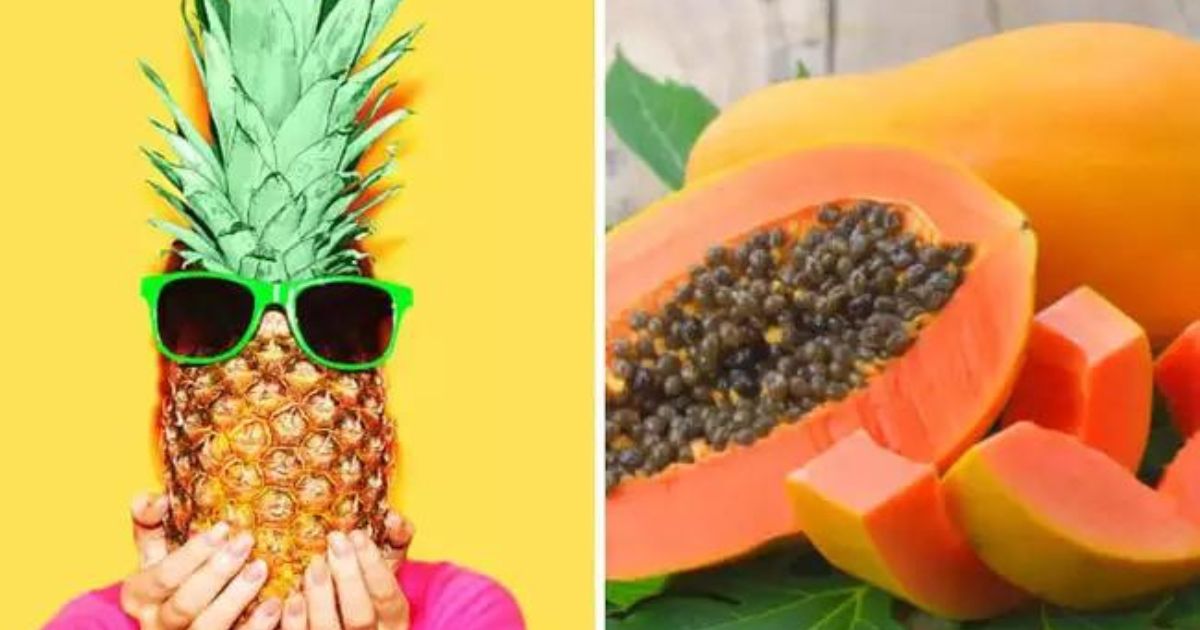According to a recent survey conducted by electronic goods giant Phillips in 2015, nearly 93 percent of Indians suffer from sleep deprivation. Factors such as demanding jobs, chronic stress, poor diet, and undiagnosed mental health problems contribute to these sleeping issues.
However, there’s good news for those battling insomnia – incorporating the right nighttime snacks can significantly improve sleep quality.
Bananas, Tart Cherries, Pineapples, Kiwi, and Papaya are five fruits to beat insomnia. They are known to aid in better sleep due to their rich nutritional profiles. These fruits are not only delicious but also packed with essential vitamins, minerals, and sleep-promoting hormones like melatonin.
Five Fruits to Beat Insomnia
Bananas, a tropical fruit loved for its taste and convenience, are a powerhouse of nutrients. They contain melatonin, a sleep hormone, and tryptophan, which converts into serotonin, the ‘feel-good’ hormone. Consuming bananas can thus contribute to a peaceful night’s sleep.
Tart cherries, whether eaten fresh or consumed as juice, are another excellent option for insomniacs. These cherries are rich in melatonin, which is widely known for its sleep-inducing properties. Incorporating tart cherries into your diet can help regulate sleep patterns and improve overall sleep quality.
Pineapples, with their delightful taste and numerous health benefits, are also effective in promoting better sleep. They contain melatonin, vitamin C, magnesium, and fiber, all of which contribute to enhanced sleep quality. Adding pineapples to your evening snack can aid in relaxation and facilitate a more restful sleep.
Kiwi, a small but powerful fruit, is rich in vitamin C and melatonin. Daily consumption of kiwi has been shown to improve sleep onset, duration, and efficiency. Its antioxidant properties also help in reducing inflammation and promoting overall well-being, contributing to better sleep.
Papaya, with its abundance of nutrients including folate, vitamins C & E, and potassium, is another fruit that can aid in combating sleep problems. These nutrients play crucial roles in promoting relaxation and regulating sleep cycles. Incorporating papaya into your diet can help alleviate sleep issues and promote deeper, more restorative sleep.
In conclusion, incorporating these five fruits into your nighttime snack routine can significantly improve sleep quality and alleviate insomnia. By providing essential nutrients, vitamins, minerals, and sleep-promoting hormones, bananas, tart cherries, pineapples, kiwi, and papaya offer natural solutions to common sleep problems.
So, the next time you find yourself craving a midnight snack, opt for one of these fruits to enjoy a peaceful and rejuvenating night’s sleep.








Leave a Reply
You must be logged in to post a comment.